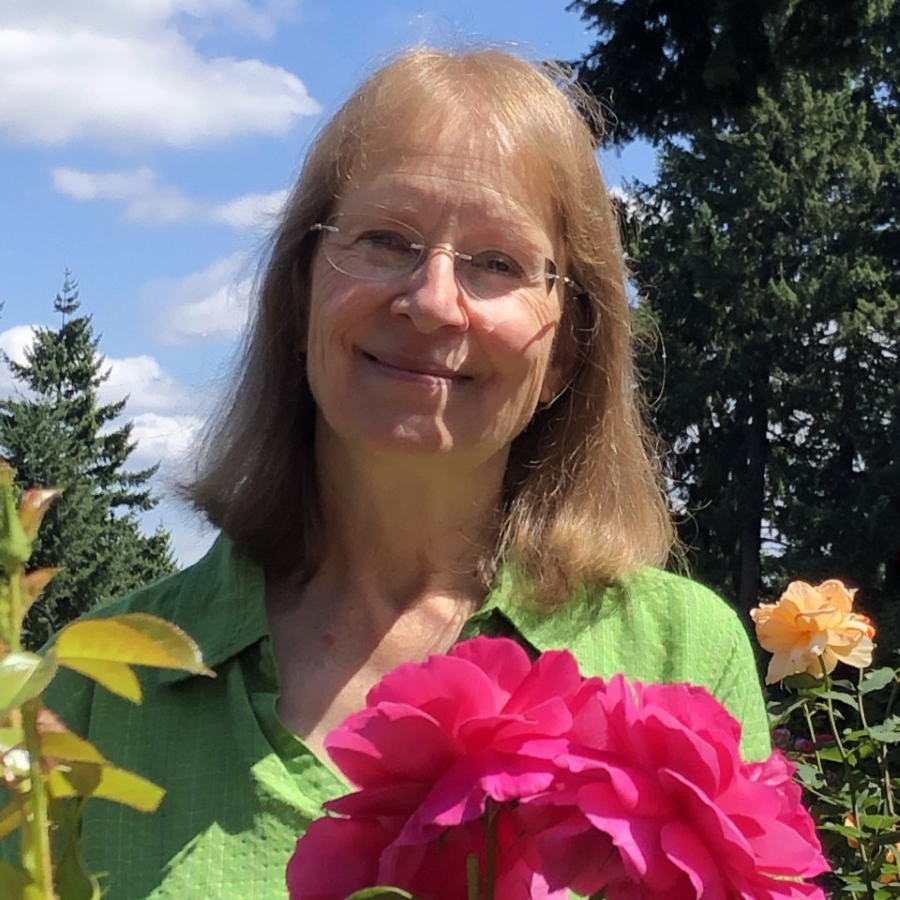 Rebecca Gaudino has always been interested in questions of faith and meaning. As a girl, she and her family !ed to America from the Democratic Republic of Congo, where her mother worked as a nurse and her father as a teacher. “The town where we lived was destroyed during the Mulele rebellion,” she remembers. “We petitioned to come to the U.S., and we started all over again from nothing.”
Rebecca Gaudino has always been interested in questions of faith and meaning. As a girl, she and her family !ed to America from the Democratic Republic of Congo, where her mother worked as a nurse and her father as a teacher. “The town where we lived was destroyed during the Mulele rebellion,” she remembers. “We petitioned to come to the U.S., and we started all over again from nothing.”
As she grew up, she was forbidden to speak about the experience. “It was not until I was in my late twenties that I started speaking about it and started to realize what it means to be ripped away from everyone you know,” she says. “I think that set me to studying literature and stories of people’s lives, and that drew me to theology as well.”
As a student, she received a bachelor’s, master’s, and PhD in English before pivoting her scholarship towards theology. “I shifted to theology when I realized that what interested me most about literature was how writers were dealing with questions of meaning and faith,” she says. She then received a master’s degree in divinity from Columbia Theological Seminary, was ordained in the United Church of Christ, and worked for several years as a pastor. “It was important for me to understand faith as something that has to do with how we live our lives, rather than just as dry doctrines that have to somehow line up with one another,” she says. “How can I help students to see experiences of suffering and grief, not as something that we should hide from or be ashamed of, but as something that we can approach with courage and reverence?” she asks. “How can we turn towards these experiences and #nd out who we are in our shared humanity, so that we come out on the other end with ‘medicine for the world’?”
She joined University of Portland on a recommendation from a mentor in 2001, initially serving as a one-year adjunct. She returned three years later as an adjunct and then a lecturer and has been with UP ever since. Her classes focus on the big questions of faith and meaning. Her Suffering and Death classes are some of her favorite to teach, as well as her classes on grief and loss.
A major focus of her research has been how best to teach students how to encounter suffering. Two former UP colleagues, Barb Braband from the School of Nursing and Anissa Rogers from the Department of Social Work and Sociology, teamed up with Rebecca to research this pedagogy, publishing a series of articles about what they tested and learned. They received the SAGE/Council on Social Work Education Innovative Teaching Award for their creative pedagogy involving interviews and photovoice. Over the years countless students have learned how to speak directly with loved ones about loss as part of her classes. “It’s been important to me to give students a chance to think about who they are as people who suffer and who they are as people who encounter others who suffer. What greater gift can there be than for us to learn how to be vulnerable with one another, to hear each other’s stories of suffering in a society that turns away from pain and grief?”
After retirement, she is looking forward to going camping. “I want to put my tent up someplace and stay there for a month. That’s where I’m going to start!” she says. She’s also looking forward to returning to her music practice— she plays piano and mandolin—and getting involved with local service organizations. And of course, she will keep reading and writing.